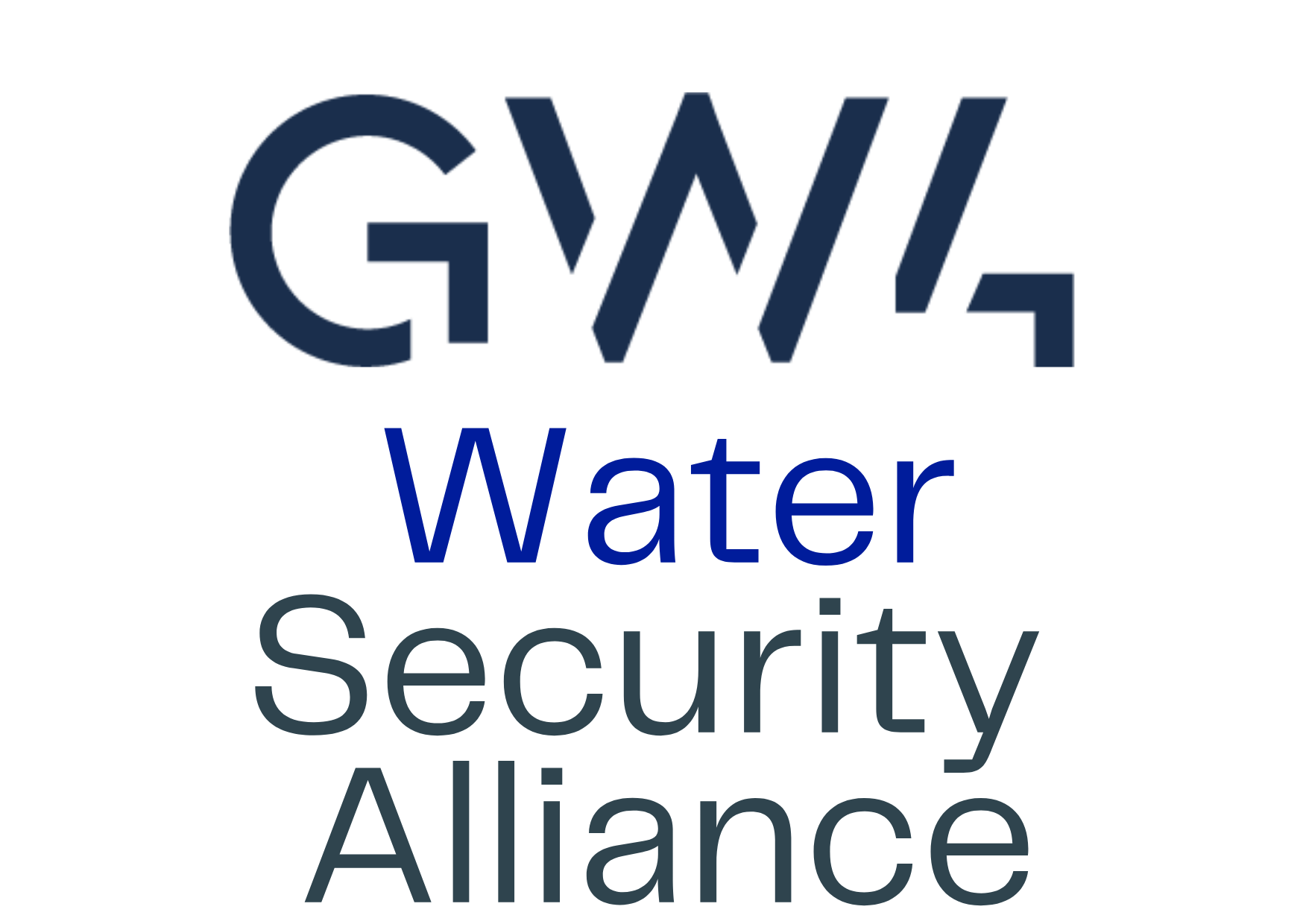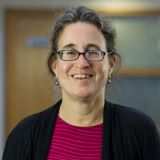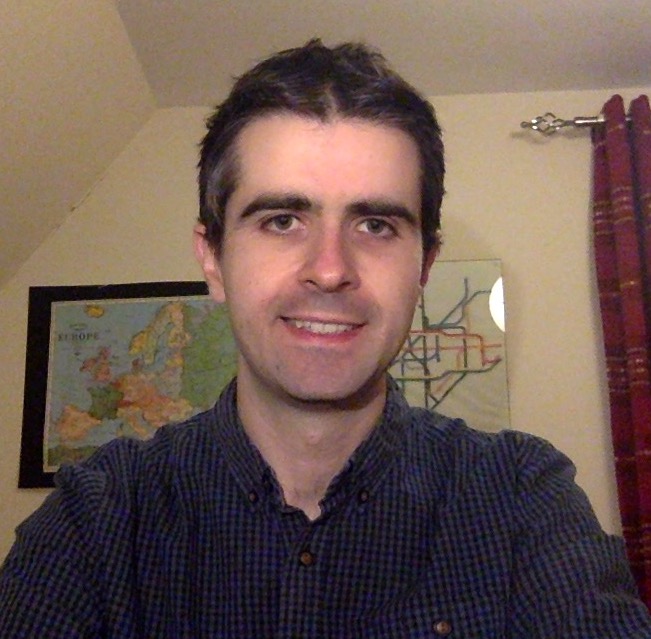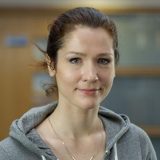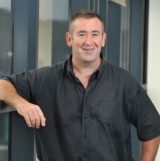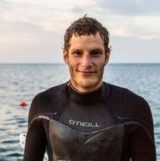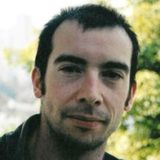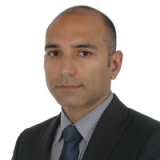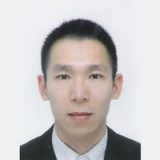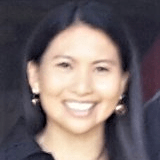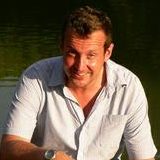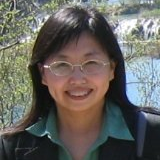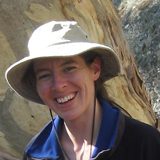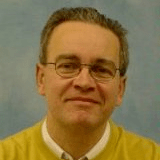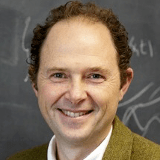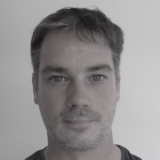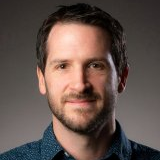Lora is the director of the Centre for Environment and Human Health and chair of oceans and human health at the University of Exeter Medical School. She is a board certified occupational and environmental health physician and epidemiologist with over 30 years of experience and expertise in environment and occupational exposures and human health research and training.
Nina Wedell
Nina is an evolutionary biologist with research interests focused on the evolutionary ecology of sex. She has worked extensively on various aspects of sexual selection and sexual conflict, in particular on the role of selfish genetic elements in reproductive biology.
Peter Watson
Peter’s research focuses on climate events and climate change, atmospheric weather systems, hazard and risk datasets. His work with the climateprediction.net team has produced large atmospheric model simulation datasets at a resolution high enough to resolve extratropical storm systems, with the potential to drive hydrological models in the future.
Gabriel Yvon-Durocher
Gabriel researches the effects of environmental change on the structure and functioning of ecosystems (which comprise groups of species, their interactions with one another and with the physical and chemical environment in which they exist). His work spans multiple levels of biological organisation, from sub-cellular biochemistry to the dynamics of ecosystems, and searches for similarities across aquatic and terrestrial systems. The ultimate goal of his work is to develop a predictive ‘tool box’ to forecast how ecosystems will change in a world increasingly dominated by humans and the oceans.
Michiel vos
Michiel combines approaches from microbiology, evolutionary ecology and population genomics to study bacterial evolution, focusing on horizontal gene transfer, sociomicrobiology and pathogens in the environment. Key projects include exploring the ecological drivers of antimicrobial resistance and virulence in aquatic bacteria.
Jamie stevens
Jamie is an evolutionary biologist with interests in molecular ecology, population genetics and evolution. Two key strands are fish population genetics, and parasite systematics and evolution. He focuses on questions in the field of population/conservation genetics, with particular emphasis on applying knowledge of population genetic process to the management and conservation of Atlantic salmon and trout, and a variety of marine organisms, including sea fans and lobster, with the aim of understanding gene flow and connectivity in relation to the design and designation of marine protected areas.
Aimee Murray
Aimee’s research area is antimicrobial resistance in the environment, particularly due to anthropogenic impacts in wastewater and receiving environments. This includes evolution and ecology of antimicrobial resistance, direct selection at low concentrations and co-selection by other antimicrobials and non-antimicrobial compounds, environmental risk assessment, and developing and validating the novel ‘SELECT’ method for rapid determination of selective concentrations of antibiotics and environmental surveillance of antimicrobial resistance. She has a long-standing collaboration with AstraZeneca and engaging with industry and policy makers.
chris lowe
Chris is an aquatic Microbial Ecologist (mainly marine). He looks particularly at algal bloom impacts on shellfisheries (e.g. mussel farms) and reservoirs. He is an expert in Cyanobacteria, working with Canadian partners. His focus is on ecological implications rather than applied science. He has close ties with Plymouth Marine Laboratories, where single cell culture takes place and linked to genomics.
anne leonard
Anne’s research focuses on marine systems and epidemiology. She studies catchment-level processes contributing to the transmission of antibiotic resistant bacteria in coastal bathing waters, with a view to identifying mitigation strategies to reduce the spread of antibiotic resistant bacteria in the environment. She is particularly interested in recreational waters, transmission in coastal bathing waters and microbial genes associated with land uses and re-use of water and crop irrigation.
Brendan godley
Brendan’s wide ranging research interests are in biodiversity conservation. He largely focuses on the study of marine vertebrates (turtles, mammals, birds and sharks) and interdisciplinary approaches to conservation research, including focussing on the issue of microplastics in our oceans.
Tim Edmunds
Tim’s work addresses issues of security sector reform, civil-military relations and capacity building, with a recent focus on the maritime environment. His current research focuses on responses to transnational organised crime at sea. Tim is also co-director of the SafeSeas Network along with Christian Bueger.
Emma Mckinley
Emma’s research covers marine social sciences, public perceptions of marine and coastal systems, social and cultural values and their role in marine and coastal governance, marine planning, blue growth and coastal communities.
Ian Hall
Ian’s climate change; applications of palaeoclimate proxy reconstruction; marine sedimentology and historic oceanic and climate variability.
Robert ellis
Rob’s research focuses on adaptation and acclimation in animals exposed to environmental change. He’s interested how the mechanistic understanding of animal physiology can be used to improve the productivity and sustainability of aquaculture in a wide range of production settings, and how aquaculture can be used to help secure future marine ecosystems in the face of climate change impacts.
Pablo Ouro Barba
Pablo’s main area of expertise relates to the computational modelling in offshore renewable energy (tidal stream turbines and wind turbine farms); turbulence in environmental flows and hydraulics; or multi-phase flows: Eulerian-Eulerian (free-surface) and Eulerian-Lagrangian (sediments). He also works on the development of river turbine arrays for developing countries.
Peter Coates
Peter is an environmental historian, mainly of the US and UK, but also interested in continental Europe and beyond. His research includes creatures of watery environments (mosquitoes, eels and aquatic and semi-aquatic nonnative invasive species such as American signal crayfish, North American muskrats and American mink), natural history film-making and marine environments.
Angus Buckling
Angus is an experimental biologist interested in links between water and health. He works on evolutionary ecology of microbes, primarily by studying evolution in real time in controlled environments (experimental evolution).
Reza Ahmadian
Reza’s research includes flood risk management including: flash flood and hazard, Sustainable Flood Management, evacuation planning,
water quality and sediment transport modelling. His work includes modelling bacteria, viruses, nutrients and emerging pollutants, monitoring for bathing water and aquaculture sites, warning and autonomous systems, water security.
Rhoda Ballinger
Rhoda specialises in coastal and estuarine management; marine environmental management and coastal management education
Shunqi Pan
Shunqi’s research covers the physical and numerical modelling of coastal and estuarine processes; prediction of large-scale extreme waves and surge; climate change impacts to the marine environment; coastal defences and flooding and marine renewable energy.
Zhihua Xie
Zhihua’s research covers computational fluid dynamics, turbulence modelling, interfacial and multiphase flows, water wave mechanics, hydrodynamics, hydraulics and marine renewable energy.
Sheila Samsatli
Sheila’s research interests focus on multi-scale mathematical modelling and optimisation, and their application to engineering problems (such as process synthesis and integration, whole systems design and operation, production planning and scheduling, supply/value chains, location, transportation problems etc). She is interested in applying these ideas to water networks and infrastructure, and within the water-energy-food nexus and the marine environment.
Patricia Sanchez-Baracaldo
Patricia’s research aims to understand how cyanobacteria (also known as blue-green algae) have contributed to global nutrient cycles (e.g., nitrogen, carbon, oxygen) through geological time.
Robert Watson
Robert’s research focuses on RF engineering, antennas, radio propagation and GNSS.
Martin Genner
Martin researches spatial and temporal patterns of biological diversity, primarily in aquatic environments with a focus on European marine and African freshwater fish. His current projects include ‘Characterising the biodiversity of freshwater fishes of Africa using environmental DNA metabarcoding: A case study within the Kilombero river system of Tanzania’ and ‘SeaDNA – Assessing marine biodiversity and structure using environmental DNA: from groundtruthing to ecosystem structuring’.
Jun Zang
Jun works on investigating violent wave impact on coastal and offshore structures, developing marine renewable energy, and developing advanced numerical methods for accurately modelling coastal & urban flooding and wave-structure interaction.
Marian Yallop
Marian’s current research covers various aspects of the structure and functioning of freshwater, estuarine and marine ecosystems with a particular focus on microbial ecology.
Erica Hendy
Erica is the Bristol lead on the EU training network grant for 15 Early Stage Researchers (PhDs) coordinated by Willem Renema, Naturalis (Netherlands) and involving 12 institutes. Using a variety of paleo-ecological and present-day data, the 4D-REEF project will investigate the hypothesis that turbid coastal environments in SE Asia provide a refuge for coral reefs in periods of warm climate.
Philippe Blondel
Philippe’s research focuses on marine acoustics and innovating imaging, seabed and habitat mapping, ambient noise underwater, marine renewable energies and space imaging (planetary and asteroid studies, situational awareness, space debris).
Philip Cooper
Philip studies the interface between accounting and the environmental impacts of economic activity (how non-financial reporting at the corporate level can be optimised to support decision-making, including through the use of values derived from environmental economic techniques). Philip extends perspectives on the accounting entity and environmental impacts, considering aggregates such as economic sectors and countries (a recent pan-European, cross-disciplinary EC Framework VI project on the marine environment, and the role of the accountant in achieving sustainable development).
Paul Milewski
Paul’s research focuses on internal waves in the atmosphere and ocean, surface water waves and the modelling of physical and biological processes.
Andrew Hillis
Andrew’s research focuses on wave energy, dynamics and control systems and direct drive desalination.
Alan Hunter
Research interests are in underwater acoustics, signal processing, imaging, and machine intelligence. He is particularly interested in applications in underwater remote sensing using sonar and marine robotics.
